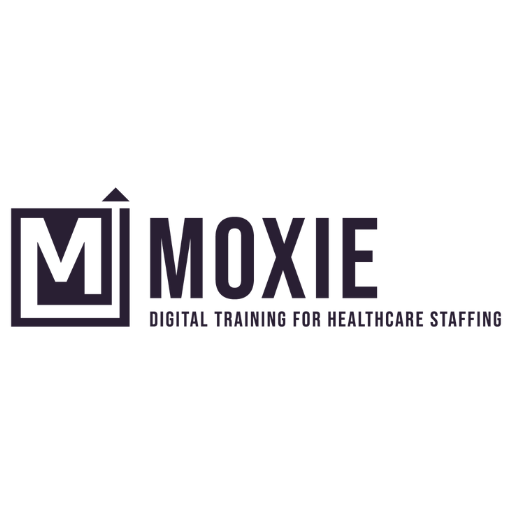By: Adam Gomez
What are some ways to guarantee your prospect answers that second-scheduled call? So many recruiters have found themselves in the following position:
You have a great conversation with a nurse. She tells you she wants to move forward and believes you’ll make a great recruiter for her. Two weeks later she hasn’t done any paperwork and won’t answer or even return your calls.
When a prospect agrees to everything you’re saying in that initial call but doesn’t pick up your scheduled call there are a few things that may have happened.
- The prospect just isn’t there yet with deciding to travel (not ready to “buy”). Often, prospects are just putting feelers out there to see whether travel nursing is for them. They call agencies to simply get information. But sometimes recruiters don’t ask the right questions (e.g., If we found x,y,z position how soon would you like to get started?). Instead, they unwittingly assume the nurse has firmly decided to travel. When you have a great conversation with a prospect who isn’t ready to commit they’ll often go M-I-A. Why? They may feel silly for wasting your time or worse yet be indifferent altogether. Either way, they’ve managed to rope you in to a knowledge quest without revealing their true intentions to you. To be sure this doesn’t happen to you make sure you are getting a firm commitment during the initial conversation. One technique is to ‘create space’ which can be extremely difficult for most sales professionals. Give the prospect an “out”. For example, “You seem unsure about something, tell me about that?” Give them the opportunity to reaffirm to you, in their own words, they are sure about their commitment to you and to travel.
- She was blowing you off (minimal perceived value). But you didn’t pick up on it during your conversation. Sometimes the quickest way to get off the phone is to agree to everything and end the conversation as fast as possible. As a recruiter it’s important to recognize when early “buying signals” are being used as a tactic to escape. People often, believe it or not, will do just about anything to avoid confrontation. Some believe they’re actually letting you off easy by agreeing to do something they have no intention of ever doing. To avoid these situations a recruiter has to show restraint. After just a few minutes into a conversation, if a prospect is talking about filling out paperwork, slow things down a bit. Sure you want to match the excitement and enthusiasm the prospect is showing for you and your service. But, instead of anxiously hitting the send button on that paperwork email, probe deeper. Resist jumping on those early buying signals.
- She didn’t have support from family, friends or maybe even a spouse (not the only decision–maker). This happens often in recruiting and is particularly common in travel nursing. Taking a position far from home without the support of significant figures in one’s life can be difficult. When you’re speaking with a prospect it’s prudent to ask about the support system they have and whether there are any other factors that may impact their willingness or ability to travel. If you get this information during the first call you can cross this one off the list of potential factors for going M-I-A. In addition, you will have some important information about your prospect that can help in future conversations.
Recruiting has its challenges. After a great first call, it’s frustrating to lose what once seemed so promising when your prospect goes M-I-A. Take the time to thoroughly uncover and fully understand the factors contributing to each prospect’s decision to travel. And better yet, be sure you’ve fully explored their needs, wants, desires, and fears. If you’ve done a good job and have covered all areas mentioned your prospects likely won’t go missing on that scheduled follow up call!





